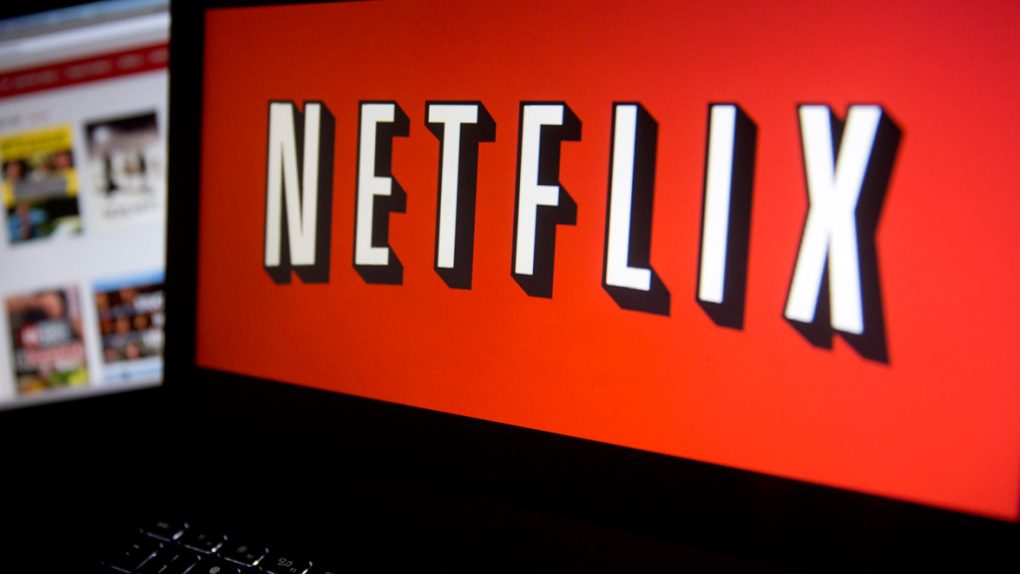With Apple’s cash hoard now in excess of $200 billion, and growing substantially every single quarter, it’s not entirely clear what Apple should do with its unrivaled bank account that would make Scrooge McDuck jealous. Compounding matters is that Apple isn’t keen on bringing that cash back to the U.S. due the hefty tax hit that would ensue. That aside, one of the more popular suggestions about Apple’s cash “problem” is that it should use it to create new revenue streams via big and bold acquisitions.
DON’T MISS: The 12 most innovative things we saw at CES 2016
Over the past few years, we’ve seen speculation surrounding Apple’s alleged interest in company’s as varied as Nest, Tesla and GoPro. Another company that some believe might be a good acquisition target for Apple is Netflix. While Apple is of course known as a hardware and software company, the company’s rumored interest in rolling out their own TV subscription service underscores Apple’s implicit acknowledgement that they need to find new sources of revenue in order to maintain impressive growth in the years ahead.
Recently, Jan Dawson of Techpinions laid out an interesting case detailing why Apple picking up Netflix might make a whole lot of sense. Dawson argument begins with a spot-on premise: Apple has finally realized that the future of profitable content lies with recurring subscriptions. Indeed, this realization is what fueled the company’s $3 billion acquisition of Beats.
As the market leader and now the first global pay TV service, Netflix is in some ways pioneering what Apple might ultimately try to build itself and has a huge head start over anything Apple might build. Acquiring Netflix would fill the strategic hole around subscription video, while also bringing on a fast-growing and potentially lucrative revenue stream. This year’s international expansion (as I wrote elsewhere yesterday) will dent margins, but it’ll also lay the groundwork for a significant expansion in margins once those markets gain scale.
Dawson also adds that a Netflix acquisition would bring Apple some in-house talent with unparalleled expertise in content delivery systems and cloud services, two areas, Dawson notes, “where Apple has consistently struggled to perform.”
This is unquestionably an intriguing scenario to consider, but it’s not without its fair share of its practical considerations. While we’ll get into the practical hurdles involved in this theoretical acquisition, for now we’ll just drop these two tidbits. One, there’s no evidence to even suggest that Netflix is open to a sale to any company, let alone Apple. And two, Netflix is incredibly expensive with a current market cap of $48.7 billion, a figure which almost makes acquiring Tesla (with a market cap in the $27 billion range) seem like a bargain.
While Dawson is very aware of the challenges associated with Apple acquiring Netflix, it’s nonetheless an interesting acquisition to ponder, especially in light of Apple’s now-delayed plans to roll out a subscription TV service of its own. You might also recall a rumor that surfaced this past September indicating that Apple is looking into the idea of creating “development and production divisions” to produce long-form content in an effort to compete with Netflix.
Dawson concludes by saying that Apple acquiring Netflix makes sense if Apple is in fact committed to entering the TV space. And rather than building one from scratch, Netflix’s “assets (including those content delivery capabilities) would be very useful…”




